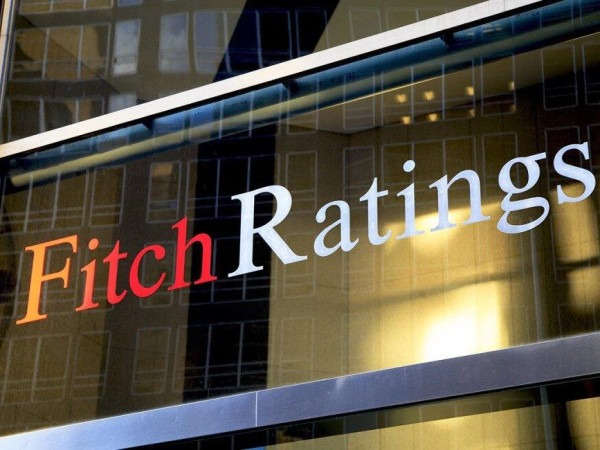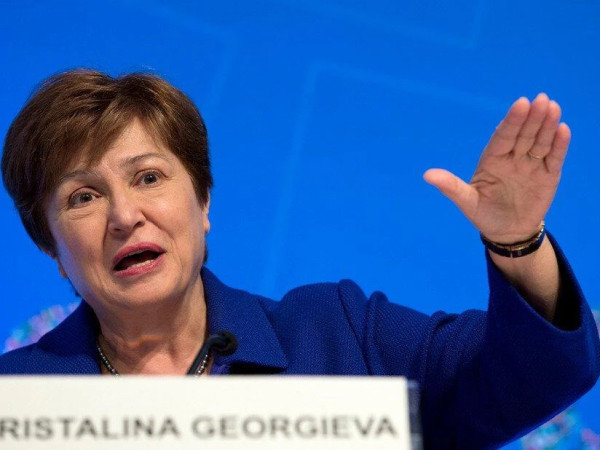As the global pandemic continues to severely impact global economies, the Georgian economy among them, financial institutions, and economists try to put forward evidence-based analysis, insights, and, more importantly, solutions to the current crisis.
In an interview with The CheckPoints, EBRD's Regional Lead Economist for Eastern Europe and the Caucasus - Dimitar Bogov unpacked the current economic implications of pandemic-related Georgian reality.
-Georgia's economy to contract by 5% in 2020 and recovered by 3.5% in 2021 - Does this mean that the V shape recovery that we all anticipated in the early stage of COVID-19 is no longer a case for Georgia and the region?
The pandemic is still quite alive, and now it is hitting much stronger than before. This means that the economy will still suffer, although we don't take into our forecast that there will be an additional lockdown of a kind. We expect economic growth to remain in the negative territory to the first quarter of 2021. This is the main reason why we are going downwards with our forecast for 2021. The expectation is that in the second quarter of next year, the economy will move to the positive territory, which costs a substantial reduction downward.
-We see that the recovery of the economy in the coming years may not be as quick, as fast as anticipated before in the early stages of COVID-19. What would be your recommendation? How should the Georgian government manage this debt?
The main recommendation would be for Georgia that after the COVID crisis is over, the public finance management's prudence, which was present before the current crisis, should return. GDP growth would play a significant role in this. When the government decides upon public debt management and savings in the budget, it must not save on expenses and investments that generate GDP growth and increase GDP.
-What can we do to avoid losing two years of development since, according to EBRD, Georgia will reach the 2019 GDP per capita again in 2022?
-Yes, unfortunately, this crisis took a toll on most of the economies. The basic recommendation would be that economies should increase their resilience to such shocks. EBRD is here to support. We provide debt financing, we provide equity financing, but we also provide a policy dialogue with the country. We are ready to support Georgia's efforts to diversify the economy and make it more resilient to such unexpected shocks.















